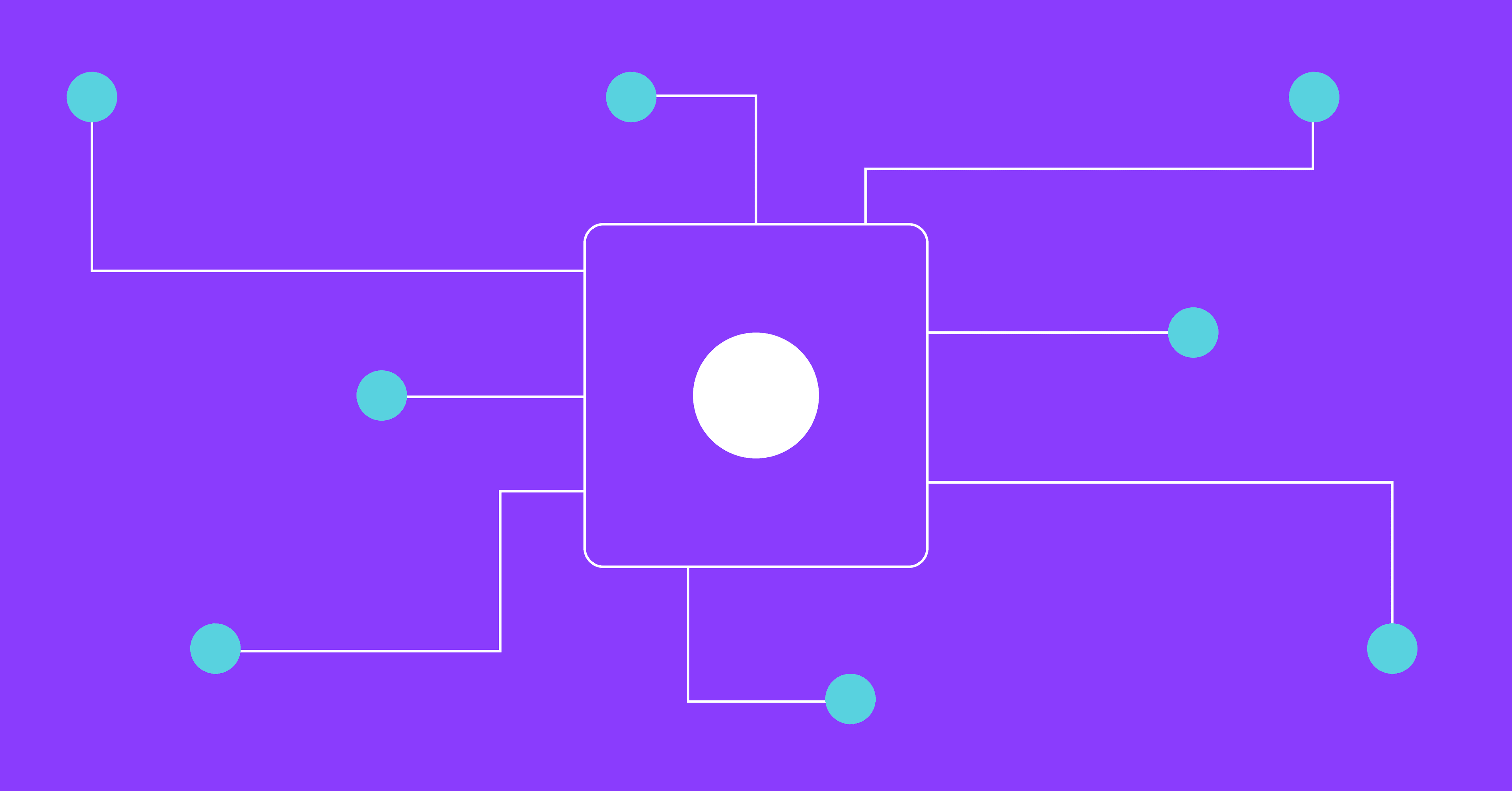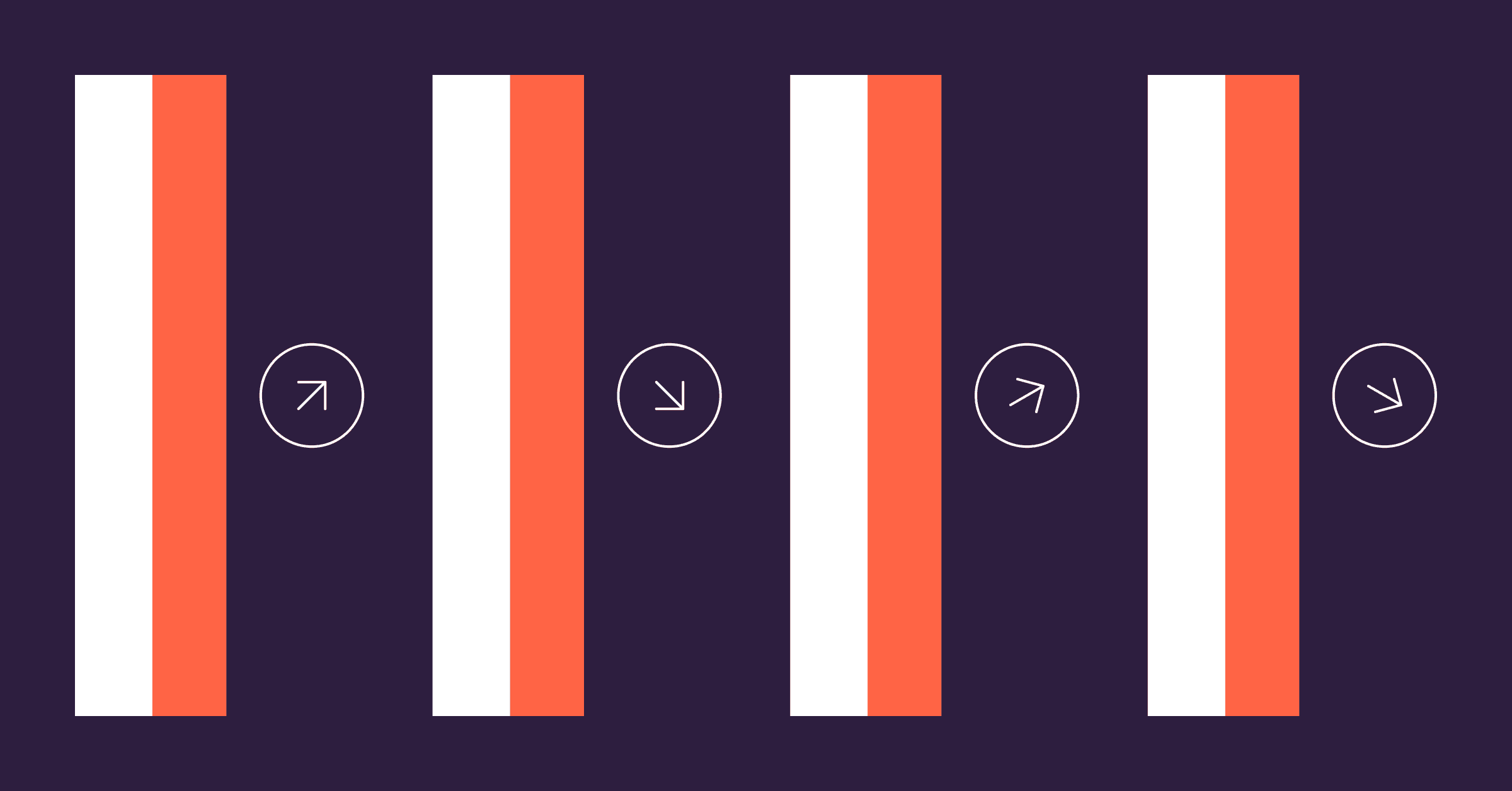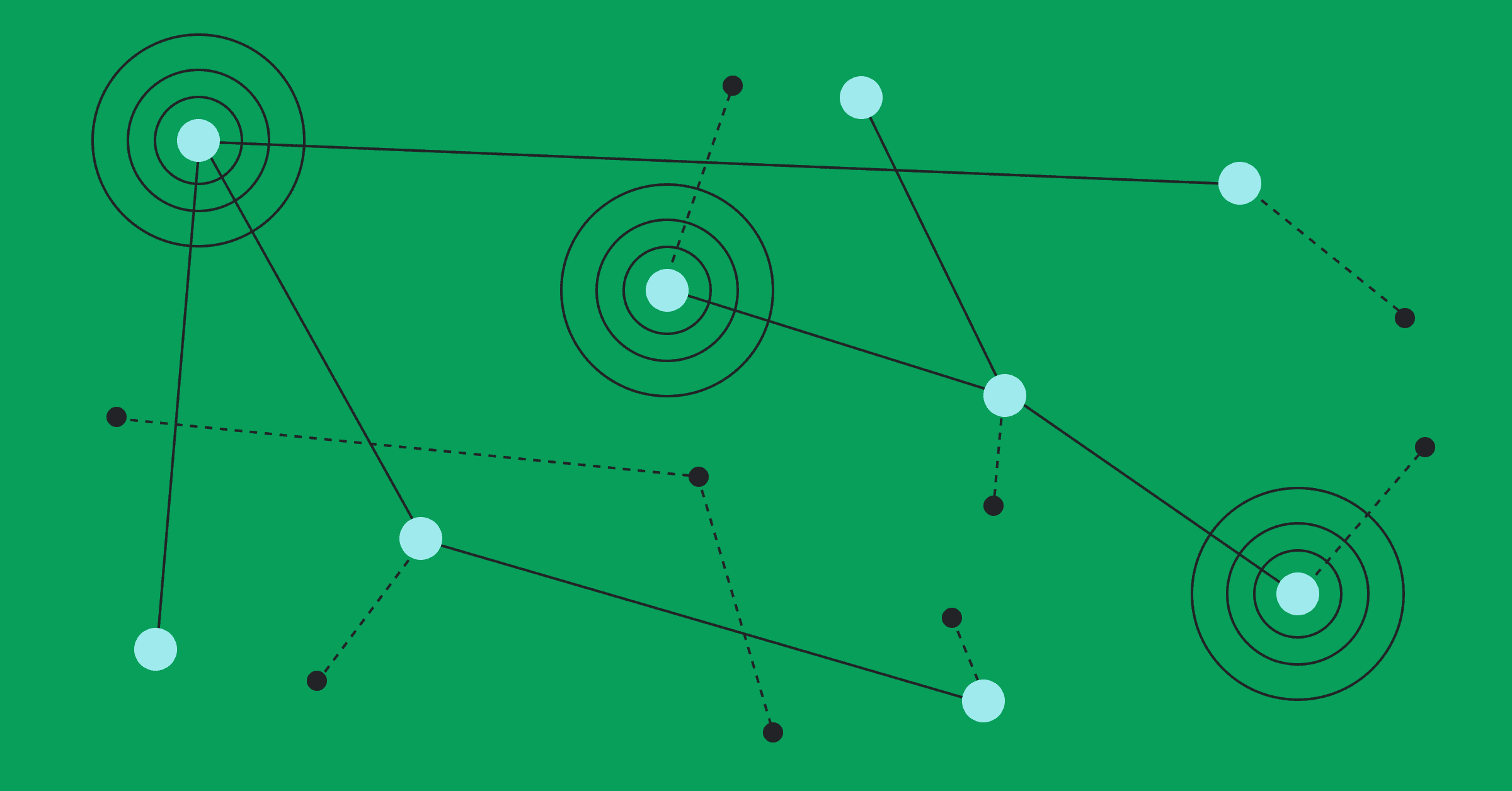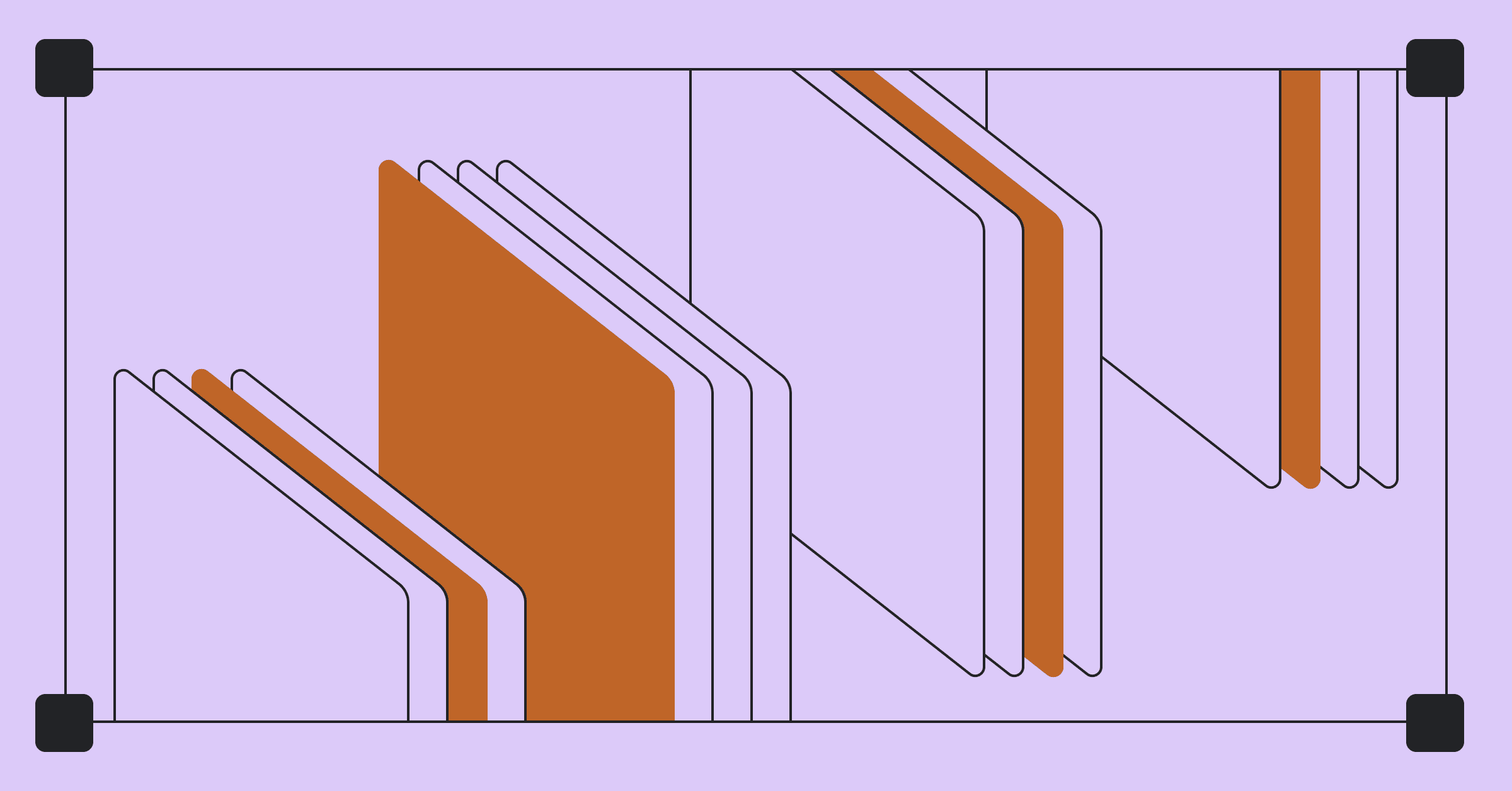AI is driving significant transformations at companies of all types. Aarathi Vidyasagar, VP of Engineering at LinkedIn, shared her perspectives on how this shift is redefining the skills needed for engineering success and reshaping developer experience.
The rise of generative AI is dramatically changing the software development landscape, shifting focus from routine coding tasks to more differentiated skills. While technical proficiency remains essential, the ability to add unique value beyond what AI can produce is becoming crucial.
Vidyasagar points out that the pace of change in the industry is accelerating rapidly, with a significant portion of job-related skills expected to evolve in the next five years.
This dramatic shift represents more than just an incremental change; it's a fundamental transformation in what it means to be a software engineer. According to LinkedIn data, the skills needed for software development are evolving faster than anticipated. LinkedIn initially projected significant changes to happen by 2030, but this is already happening now, with two-thirds of the skills required for development roles expected to be different in the coming years.
The implications are clear: engineers must embrace continuous learning and upskilling to remain relevant. As Vidyasagar puts it, "Jobs are not changing, but jobs are changing on us." The role of a software engineer will still exist, but what it entails and the skills it requires are rapidly evolving.
Why measurement and automation are essential for developer productivity
LinkedIn has long prioritized developer productivity, creating systems that enable engineers to be effective quickly. Vidyasagar recalls how she was able to check in code and see it in production within 17 minutes during her first week at the company—an impressive demonstration of the engineering infrastructure LinkedIn has built.
To maintain and improve developer productivity, especially in the age of AI, measurement is key:
"Measurement starts with understanding where your bottlenecks are, measuring the right stuff, and then cranking down on where those inefficiencies are, with the right tools," Vidyasagar explains.
This data-driven approach allows engineering organizations to identify where developers spend their time unnecessarily and implement targeted solutions. At LinkedIn, this has led to significant automation of previously manual processes, such as API migrations, where code is generated automatically with minimal human intervention.
This focus on measurement extends to understanding skills gaps and needs across the organization. LinkedIn's skills-based hiring approach is well-positioned for the evolving talent landscape, as it allows the company to identify and develop the specific capabilities required for future success.
How AI-powered automation elevates developer experience
Automating repetitive tasks represents one of AI's most immediate and impactful applications in software development. Tasks that teams once considered necessary "grunt work" can now be handled through intelligent automation:
- API migrations that previously required extensive manual effort can now be largely automated
- Test writing, a traditional time sink for developers, is being generated by AI
- Code reviews are being enhanced with AI-powered suggestions
- Bug triage and feedback systems are becoming more automated
These automation capabilities are particularly valuable for mature companies with legacy codebases that require significant maintenance. AI can understand context and make more intelligent code transformations using "smart patterns" rather than just standardized patterns.
For large enterprises like LinkedIn, which has millions of lines of code, these aggregate gains create massive productivity improvements across the organization. Each hour saved per developer per week translates to substantial time engineering leaders at LinkedIn can use to redirect toward innovation and higher-value work.
Beyond productivity metrics, Vidyasagar emphasizes that the real value of AI-powered automation is in creating more fulfilling work experiences for developers. "Yes, it's time saved and productivity for the company and probably, you know, more code and better code for us. But at the same time, it's happy developers."
Many engineers express frustration with spending too much time on maintenance and "rinse and repeat" tasks rather than building new solutions. By automating these less desirable aspects of development work, companies can create more engaging experiences where developers can focus on challenging, creative problems.
This shift toward automation doesn't threaten jobs but transforms them into something potentially more rewarding. As routine aspects of development become automated, engineers can spend more time innovating, learning, and building from the ground up, the elements that often draw people to startups and new projects.
Why communication skills matter more in an AI-driven engineering world
As technical tasks become increasingly automated, soft skills, particularly communication, are becoming more critical differentiators for engineering success. LinkedIn data shows that engineers with strong soft skills are promoted 13% faster than those with only technical skills.
Communication skills in engineering leadership aren't about being extroverted or having exceptional oratory abilities; instead, they're about effectively conveying ideas and bringing teams along with vision and purpose. As Vidyasagar explains, it's about "the crisp communication of intent and the why, and the idea of bringing people along."
A common misconception is that introverted engineers can't develop strong communication skills. Vidyasagar, who identifies as an introvert, emphasizes that introversion and communication ability are orthogonal: separate attributes that don't necessarily influence each other. Effective communication is a learnable skill that developers can learn regardless of personality type.
How engineering leaders can create space for continuous learning
Engineering leaders face the critical challenge of creating environments where continuous learning is supported and encouraged. "As a leader… one of my biggest roles in this moment is to make sure I give people a space to learn," Vidyasagar shares. This intentional approach to learning and development cannot be left to chance. Organizations need to recognize the industry's transformation and actively support their engineers through it, making learning an intentional part of work rather than an afterthought.
The balance between specialists and generalists also evolves as platforms and tools become more sophisticated. While there will always be a need for deep specialists who build foundational technologies, there's a growing need for generalists who can effectively leverage these platforms to create business value.
Leaders must guide this transition, helping engineers understand what skills they need to develop and providing opportunities for learning and growth. This organizational support is crucial; the responsibility for upskilling shouldn't fall solely on individual engineers. The transformation of software development through generative AI represents both a challenge and an opportunity for engineers and engineering leaders. While the pace of change may feel intimidating, it also creates possibilities for more engaging, innovative work.
By focusing on continuous learning, developing communication skills, and creating intentional space for growth, engineers can position themselves for success in this evolving landscape. The future of software development will likely require different skills, but the core value of engineering, solving complex problems and creating impactful solutions, remains unchanged.
As Vidyasagar concludes, "I'm super excited for what lies ahead and how much change it is, and I'm glad that this is a transformation that I am getting to see in my lifetime." With the right mindset and support, engineering teams can not only adapt to these changes but thrive because of them.
Listen to Aarathi Vidyasagar's Dev Interrupted episode here:




